 |
CHARTOPHYLAKEION
The Chartophylakeion Research Programme resulted in the compilation of a digital archive of post-Byzantine Greek manuscripts from the collection of the Greek Philological Society of Constantinople. The library of this influential society, which operated between 1861 and c. 1923, contained print editions but also 183 manuscripts of the Byzantine and, primarily, post-Byzantine times. 149 of these manuscripts are kept today in the library of the Turkish Historical Society (Türk Tarih Kurumu) in Ankara. In a series of onsite visits, the collaborators of the research programme studied 61 manuscripts of the 16th, 17th, 18th and 19th century. Out of these, the team selected 53 manuscripts of which 4.280 exhibits (approx. 8.500 pages) were acquired for the programme. Chartophylakeion contains in a digital format: a) 23 complete codices, b) extensive self-contained sections of 5 codices, c) a small number of representative pages from 27 codices.
Thus compiled, the corpus presents great interest for diverse scientific fields, primarily for various branches of philology, but also for history and archaeology, philosophy and theology. The contents of the codices comprise important literary texts (verses by Kaisarios Dapontes, a rendition of the Iliad in vernacular Greek, Phanariot verses, a comedy by Carlo Goldoni translated into Greek, Cypriot folk songs documented in the 19th century, to name just a few), letters of prominent Greek intellectuals of the Enlightenment (Anastasios Gordios, Evgenios Voulgaris, Nikiphoros Theotokis, Alexandros Mavrokordatos a secretis, Nikolaos Mavrokordatos and others), chronicles, scientific and theological treaties or popular texts (for instance, on astrology). Many of the texts included in Chartophylakeion are not known to exist in other sources. The codices often contain also titles and other valuable documents of different nature.
The contents of Chartophylakeion present great interest for codicology and palaeography as well. The corpus contains hand-written documents by a large number of clerks among whom many well-known scribes and manuscript owners, such as Nikolaos Karatzas. An exceptional artefact from the collection of this learned Phanariot who was a prominent clerk and a keen codex collector, is manuscript cod. 11 in which Karatzas has copied Patriarchal letters, partially unknown from other sources.
In-depth research of the corpus complied in Chartophylakeion has already begun. Two studies are underway, one focussing on the literary texts found in the manuscripts and the other dealing with the philosophical texts. Another research paper examines the letters of Evgenios Voulgaris and Nikiphoros Theotokis preserved in various codices of the Philological Society.
|
||

